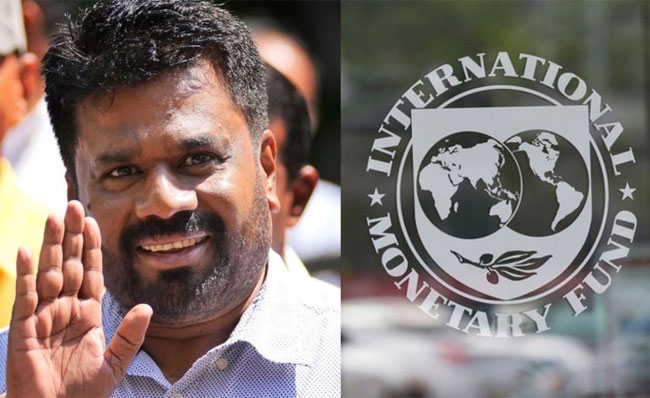The IMF commended Sri Lanka’s progress in implementing crucial economic reforms, following a period of severe financial distress in 2022.
Speaking during the IMF’s annual meetings, Krishna Srinivasan, Director of the Asia Pacific Department at the International Monetary Fund, emphasized on the hard-won gains achieved by the country’s new government and the positive trajectory it has established.
“When the new government took office not too long ago, I led a high-level team to Colombo to engage with the authorities. We had very productive discussions, and those talks continue this week during the annual meetings,” Srinivasan stated.
He noted that there was broad consensus, even unanimously, that Sri Lanka had made significant strides since the economic crisis of 2022, when the country was on the brink of collapse. “Sri Lanka, which was tearing at the abyss in 2022, has come a long way in terms of undertaking reforms which have led to some hard-won gains. Growth has been positive for the last four quarters, and inflation is coming down. ”
The IMF is currently working closely with the Sri Lankan government as part of its economic reform program, which includes addressing key priorities such as social protection.
While details are still being discussed, Srinivasan expressed optimism about the ongoing talks, highlighting the importance of safeguarding the gains made thus far.
” So there was consensus from the new government that it would like to safeguard and build on the hard-won gains under the program,” he said,
A key focus of Sri Lanka’s recovery has been its debt restructuring efforts. Srinivasan revealed that the country has reached agreements with its official creditors and has secured an agreement in principle with private creditors. The next crucial step will be formalizing these agreements with all creditors.
“That’s a big step forward,” Srinivasan remarked, but he cautioned that more work remains to be done.
“Of course, that’s not the end. There’s a lot more work to be done in terms of continuing with the reforms because there’s a long way to go before Sri Lanka is on a path of strong and sustainable recovery. ”
Srinivasan also touched on the topic of macro-linked bonds, a financial instrument gaining popularity in debt restructuring negotiations.
While the IMF does not directly involve itself in the specific instruments negotiated between countries and their creditors, it monitors whether such arrangements align with the IMF’s program targets and ensure equal treatment among creditors.
“What we are concerned about is whether these instruments and the restructuring they reach are consistent with our program targets on debt and whether there is comparability of treatment across creditors,” he explained.
Srinivasan reiterated the importance of sustaining reforms and moving towards a strong, sustainable economic future for the country. The next major milestone will be the third review of the IMF-supported program, which is expected to take place soon.


